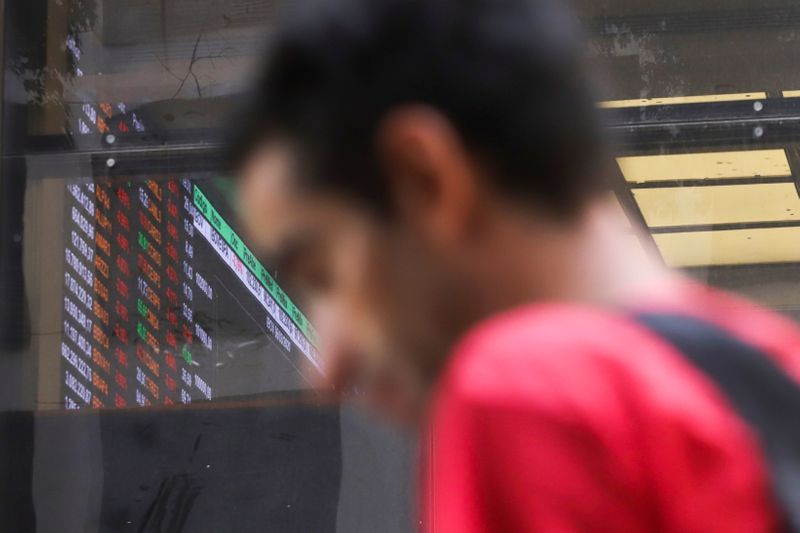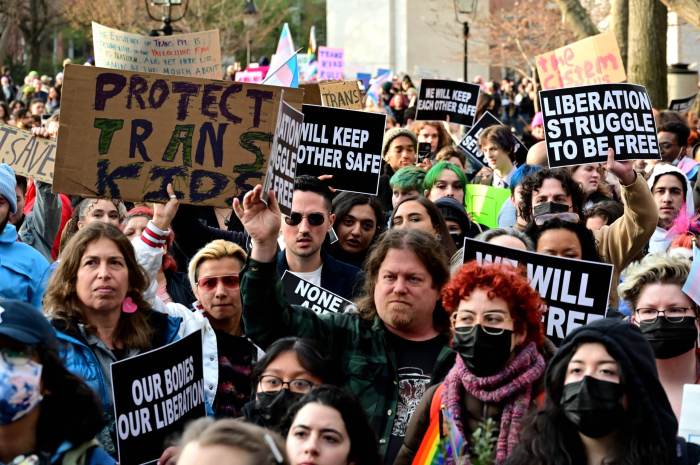BUENOS AIRES (Reuters) – Brazil’s key interest rate is set to fall to a record low of 2.25% on Wednesday as officials extend an emergency drive to reinvigorate economic activity crippled by the coronavirus pandemic, a Reuters poll showed.
The country’s central bank will also probably hint at more easing ahead in case the economy worsens further amid a health crisis marked by the third highest death toll from COVID-19 in the world, and a recession without parallel in Brazil.
Political risk could feed into economic weakness in coming months as well. Lawmakers are decrying President Jair Bolsonaro’s defiance of public health experts on the virus outbreak and his campaign to end state quarantine measures.
However, the odds Brazil will embark on some sort of quantitative easing bond buying program, or QE, look slim, with policymakers still reluctant to adopt such an extreme strategy at this stage.
The central bank’s policy committee, known as Copom, will likely cut the benchmark Selic rate by 75 basis points to 2.25% following a similar move last month, according to the median estimate of 38 economists polled June 8-11.
(Graphic – Reuters Poll: Brazil interest rate and economic outlook: https://fingfx.thomsonreuters.com/gfx/polling/rlgvdkblrpo/Brazil%20interest%20rate.PNG)
In May, Brazil’s central bank slashed the Selic rate by 75 basis points, its biggest rate cut since October 2017, as it reckoned the economic damage from quarantine steps and business closures would be greater than previously thought.
The expected reduction this month would be the 8th consecutive drop since last July, when officials began lowering rates to stimulate growth in an economy that was already undergoing its weakest recovery ever.
While a majority now see the 2.25% level as a “lower bound” for Brazil’s rates until the second quarter of 2021, some respondents said the central bank will cut rates again at some point in July-September.
Fifteen out of 20 economists who answered a separate question said the risks to rates were tilted to the downside in the short-term. The remaining five said the outlook for monetary policy was “neutral”.
“The strong downward trend in inflation expectations and worse-than-expected GDP fall will allow the central bank to cut the Selic rate below a previously-expected floor of 2.25%,” said Alexandre Lohmann, macro analyst at GO Associados in Sao Paulo.
“Our central forecast is a Selic rate at 1.75% at the end of the year. We are currently considering cutting it to 1.50% depending on the behaviour of the exchange rate and of inflation expectations for 2021”.
Despite a recent recovery in financial asset valuations, real activity figures still reflect dire conditions as Brazil endures its worst economic downturn on record, helping to keep consumer prices under control by suppressing private spending.
A majority of respondents left aside a different query on the potential adoption of QE. The central bank’s president, Roberto Campos Neto, has so far held back from launching asset purchases.
This stems in part from fears it could turn into outright money printing and fuel undesired inflation, but also because of the country’s lack of experience in using a program like those already tested in developed countries.
“Brazil faces some difficulties before setting up a QE program,” said Jason Vieira, chief economist at Infinity Asset Management in Sao Paulo. “Officials would have to determine first what bonds and which market segments should be included.”
“It’s not going to be this year, and Brazil’s central bank has other priorities like finding ways to ensure policy rate cuts are effectively channeled to consumers and companies that aren’t still benefiting from them.”
(Reporting by Gabriel Burin; additional polling by Jamie McGeever; editing by Ross Finley and Chizu Nomiyama)
















